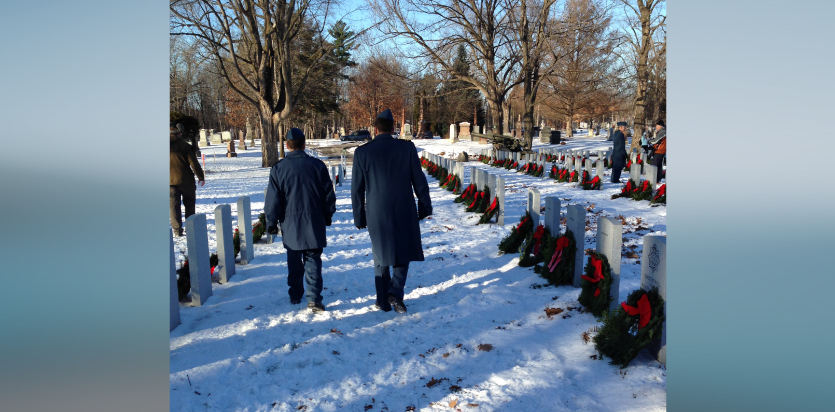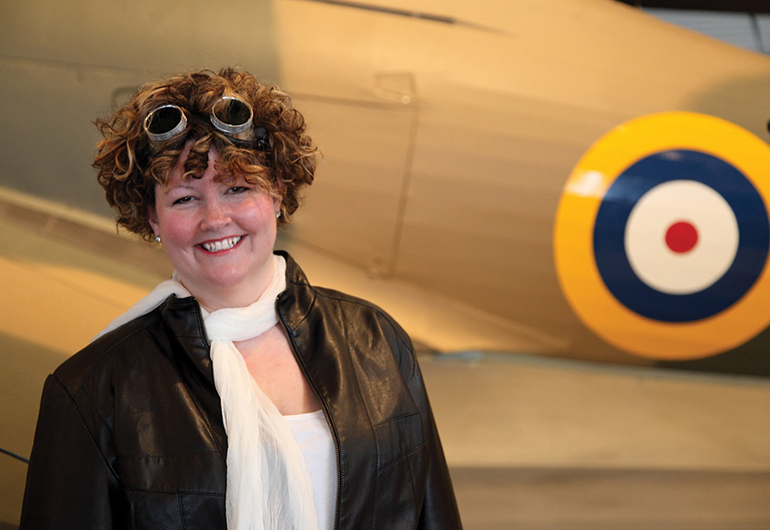Flying Under The Radar
Homework Woes
Homework is the bane of my existence. Actually, coercing three very active kids into doing their hours of homework is my problem.
I know I sound like a dinosaur, but when I was an elementary school kid I didn’t have homework. Not because I was brilliant and finished up my work by the end of the day, but because it simply wasn’t assigned. Back then, in rural Nova Scotia, there were only a handful of extracurricular activities we could be involved in, figure skating or hockey, Scouts or Guides, and if you were a base brat you could join the swim team. If you were really rural, you joined 4-H and raised a calf in your parent’s barn. So we had no homework and few activities, most of the time we played outside and one night each week went to an activity. The hockey kids were busier, but not much. Life was truly simple.
Now, even in our rural community it’s hard to think of an after school activity my kids would want to be involved in that I couldn’t find. Water polo, dodgeball leagues, theatre, book clubs. It’s all available, and the kids want to join. We chose karate and Cadets as our family’s main activities, but there are hundreds. Finding the time for the homework and the extracurriculars is the problem.
Of course, homework comes first, but when the seven-year-old has a presentation that requires the use of the computer for two evenings, graphics, write-up and cue cards I’m a little skeptical. She’s graded on a rubric that looks like a watered down version of a system I didn’t see until university.
You couldn’t pay me enough money to be a teacher these days. Kids have access to the entire world through technology. We had the World Book Encyclopedia. I can barely keep up with my own kids when they ask me questions, let alone a classroom full. A friend, who is a teacher, told me that kids today aren’t smarter than we were they just know more and they get bored in a millisecond. That has led to redesigned standards of learning. Stuffing more into their little heads at a fast and furious pace, more or less to keep them satiated.
Regardless of how I feel about it the homework keeps coming. The kids are thriving at school and in their extracurricular activities. It’s me, the mom, who is struggling to choreograph the schedules. Today I have to try to figure out a time I can sit down with the kids to teach them cursive writing. They don’t learn that in school anymore. I think being able to sign their names may come in handy someday. Maybe I’ll score them on a rubric.




